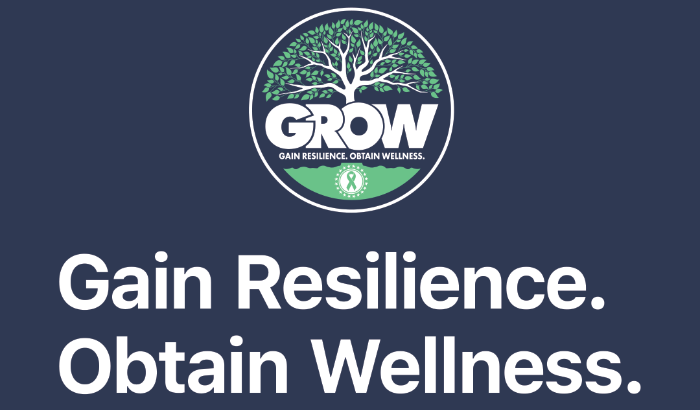- Council of the Great City Schools
- Duval County Launches Initiative to Erase Stigma Around Mental Health
Urban Educator - April 2022
Page Navigation
- Education Officials Address Big-City School Leaders at Legislative Conference
- Rep. Bobby Scott Named Recipient of Dr. Michael Casserly Legacy Award
- Philadelphia, New Orleans, Anchorage and Providence Name New Leaders
- Duval County Launches Initiative to Erase Stigma Around Mental Health
- Portland Public Schools Adopts New Climate Policy
- Longtime Legislation Director Retires
- Legislative Column: Avoiding Speed Bumps on the Road to Recovery
- Urban Districts Awarded Best Communities for Music Education
Duval County Launches Initiative to Erase Stigma Around Mental Health
-
In an effort to empower students to take control of their mental and emotional well-being, Florida’s Duval County Public Schools in Jacksonville recently launched a new mental and emotional wellness initiative.
The Gain Resilience, Obtain Wellness (GROW) initiative is designed to destigmatize mental and emotional health issues and connect students with available resources. The two main features of the initiative are the GROW website and GROW clubs.
The website contains information on mental wellness topics such as self-care, managing stress, supporting others, and suicide prevention. It also addresses a major issue students shared, which was how to access resources. The website also enables middle and high school students to locate their school and learn how to get immediate emotional or academic support, an appointment for mental health services, and even assistance with food, clothing, or housing needs.
The GROW clubs are student-led organizations at the high school level designed to promote great emotional and mental health among students and staff through regular activities and initiatives.

The concept for GROW evolved last summer through the work of Emily Merton, a graduate of the school district interning with the district’s communication team. Merton shared that she was studying to be a school counselor and was interested in helping the district develop a mental health initiative.
“I knew this was something the district was working on,” said Merton. “And I knew they had great intentions, but they knew they were missing a key ingredient…student voices. How did students feel? What were students saying? What were their needs? As a very recent high school graduate, I knew I could pull from my experience and the experience of my peers. I also knew that I could conduct research at the ground level with current students in a relatable way.”
Merton set up several student focus groups at high schools and through her qualitative research, concluded that among the many concerns from students was the lack of knowledge about available resources, a negative stigma surrounding mental health issues, and a lack of spaces/organizations/available adults that support mental and emotional wellness. Using this input, Merton worked with the district’s communications team to focus what the mental health campaign would address. Student input also led to the development of the GROW concept and artwork.
Katrina Taylor, the district’s director of student behavioral health, said the district is indebted to Merton and her peers.
“As adults, our hearts were in the right place, but without the student input, we were essentially operating in the dark,” said Taylor. “We needed Emily and we needed our current students to step up and turn on the lights. That’s what they did, and thanks to their guidance, we now have this fabulous resource.”
The district plans to expand the program to establish training opportunities for all school-based staff on dealing with youth mental health conditions. In addition, there is research being done on how to expand GROW clubs into middle and elementary schools.
Media Contact:
Contact Name
Contact@email.com
(000) 000-0000
Contact Name
Contact@email.com
(000) 000-0000
Contact Name
Contact@email.com
(000) 000-0000
Media Contact:
Contact Name
Contact@email.com
(000) 000-0000
Contact Name
Contact@email.com
(000) 000-0000
Contact Name
Contact@email.com
(000) 000-0000


